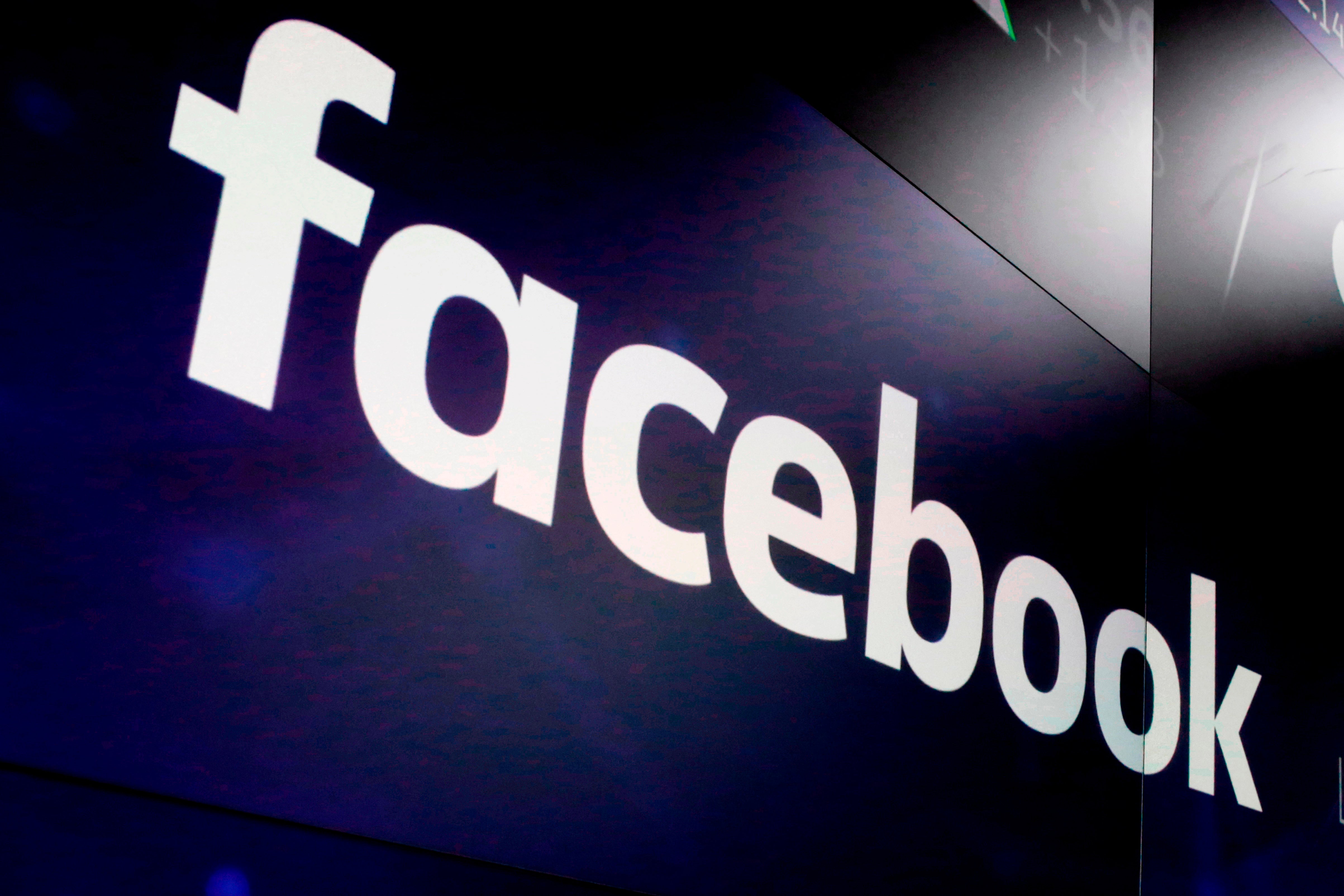Facebook India policy chief steps down after row over ‘allowing hate speech’ from Modi’s party
Facebook says Ankhi Das is leaving to ‘pursue her interest in public service’

Your support helps us to tell the story
From reproductive rights to climate change to Big Tech, The Independent is on the ground when the story is developing. Whether it's investigating the financials of Elon Musk's pro-Trump PAC or producing our latest documentary, 'The A Word', which shines a light on the American women fighting for reproductive rights, we know how important it is to parse out the facts from the messaging.
At such a critical moment in US history, we need reporters on the ground. Your donation allows us to keep sending journalists to speak to both sides of the story.
The Independent is trusted by Americans across the entire political spectrum. And unlike many other quality news outlets, we choose not to lock Americans out of our reporting and analysis with paywalls. We believe quality journalism should be available to everyone, paid for by those who can afford it.
Your support makes all the difference.Less than a week after she was grilled by a parliamentary committee over data security, Facebook’s top public policy executive in India Ankhi Das has stepped down from her role with the social media platform.
Facebook’s India chief Ajit Mohan said in a statement that Ms Das had decided to leave the company to pursue her interest in public service.
Mr Mohan said that she was one of Facebook’s “earliest employees in India and played an instrumental role in the growth of the company and its services over the last nine years.”
He said Ms Das had been a part of his “leadership team over the last two years, a role in which she has made enormous contributions.”
Last week, Ms Das appeared before a committee of the Indian parliament to answer questions over how Facebook handles its Indian users’ data.
And the last few months have been particularly turbulent for both Ms Das and Facebook in India. In August, a report by the Wall Street Journal said Ms Das had told employees not to take down alleged hate speech posts coming from senior members of India’s ruling BJP party.
According to the report, Ms Das opposed the deletion of anti-Muslim posts by BJP legislator T Raja Singh. Facebook later blocked Singh after the WSJ report was published.
Facebook rejected the allegations of favouring the BJP at the time, saying it always looked to enforce rules against hate speech regardless of who shared it.
But the controversy involving Ms Das led to the opposition Congress party writing letters to Facebook’s CEO Mark Zuckerberg, demanding an investigation.
At the same time, Narendra Modi’s law minister Ravi Shankar Prasad wrote to Facebook himself, alleging bias against people supporting right-wing ideologies.
The social media platform is used by more than 2.5 billion people worldwide and has about 300 million users in India – its biggest market on this basis.
It is not just the Indian market where Facebook is under pressure from governments. A few days ago, Pakistan’s prime minister Imran Khan wrote to Mr Zuckerberg demanding action against content on the social media platform spreading Islamophobia.
It came after Facebook banned the sharing of any content that denies or distorts the Holocaust and, in August, it had banned hate speech such as content depicting blackface or stereotypes about Jewish people controlling the world.
Join our commenting forum
Join thought-provoking conversations, follow other Independent readers and see their replies
Comments